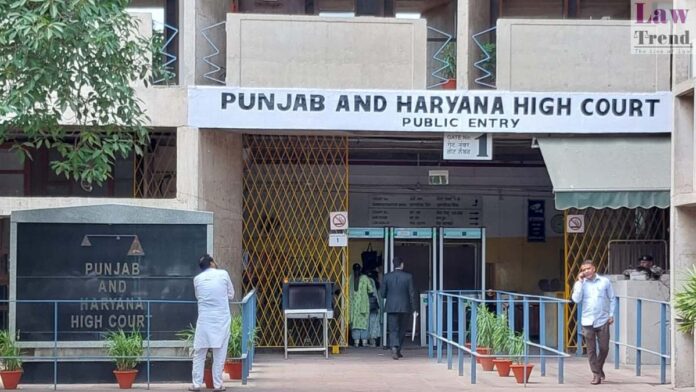In a significant move aimed at curbing the proliferation of illegal colonies, the Punjab and Haryana High Court has issued a directive to the Punjab government, mandating that property registrations be contingent on obtaining a No-Objection Certificate (NOC) from competent authorities. This decision is seen as a blow to the state’s recent efforts to regularize such colonies through legislative amendments.
The directive emerged from a public interest litigation (PIL) initiated by Prem Prakash, a Ludhiana resident, who challenged the legality of the Punjab Apartment and Property Regulation (Amendment) Act, 2024. The bench, led by Chief Justice Sheel Nagu and Justice Sumeet Goel, has asked the state government to respond by April 24 while emphasizing strict adherence to Section 20 (3) of the Punjab Apartment and Property Regulation Act, 1995.
Section 20 of the 1995 Act prohibits the registration of sale deeds for plots located in unauthorized colonies. Despite this, the 2024 Amendment Act permitted the registration of deeds for plots up to 500 square yards in such colonies until July 31, 2024, under certain conditions like pre-existing agreements. This amendment has been criticized for contravening the principal Act and, according to the petitioner, fostering the growth of unauthorized colonies which contribute to infrastructure strain and traffic congestion in major cities like Ludhiana, Amritsar, and Jalandhar.
The petitioner’s plea contends that the 2024 amendment is ultra vires (beyond legal authority or power) and should be nullified. It calls for the enforcement of the 1995 Act’s provisions in their entirety, demanding that no sale deeds proceed without the requisite NOC. Additionally, the PIL seeks the demolition of illegal colonies that have sprung up following a 2018 notification which relaxed property registration rules.




